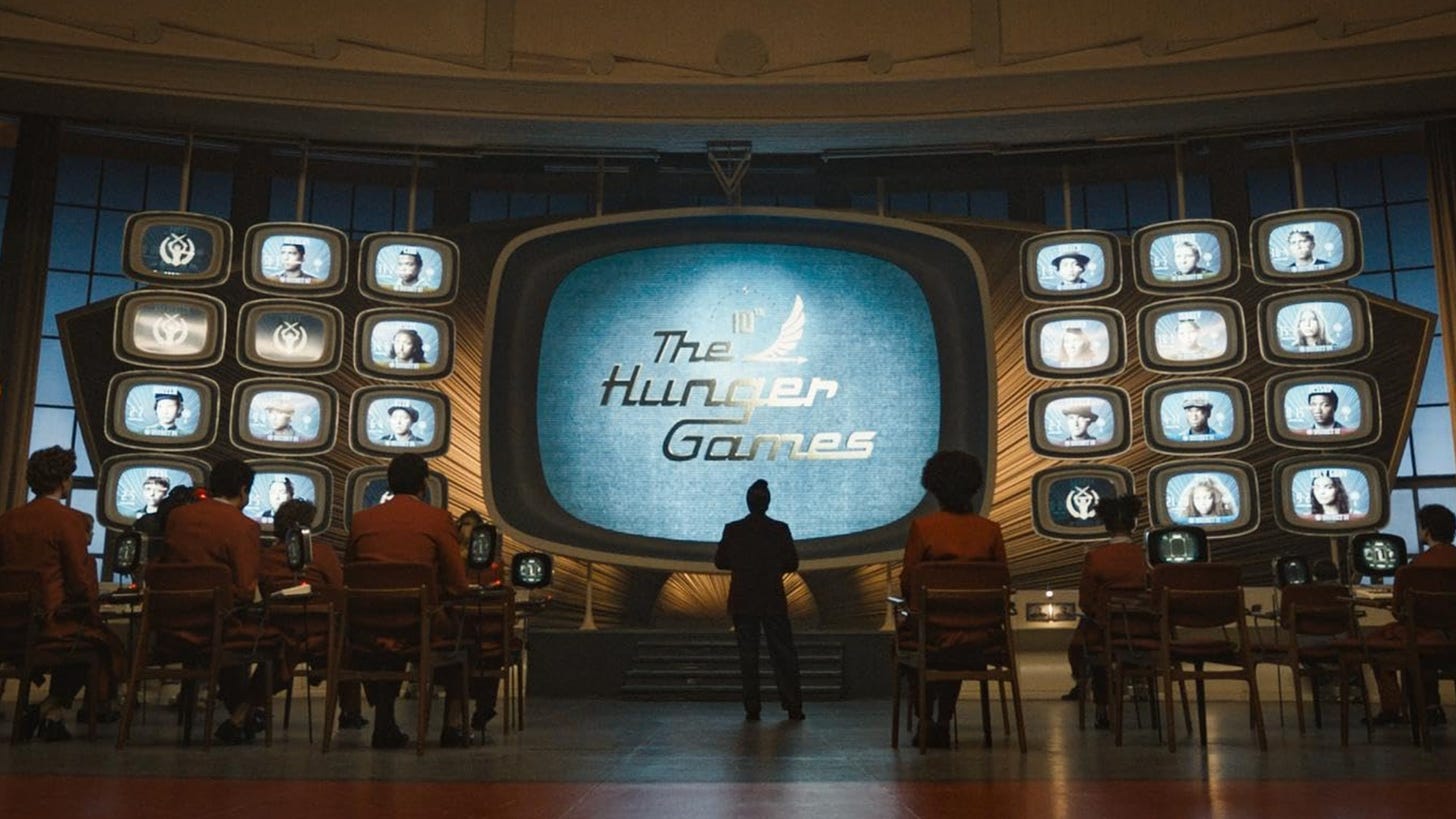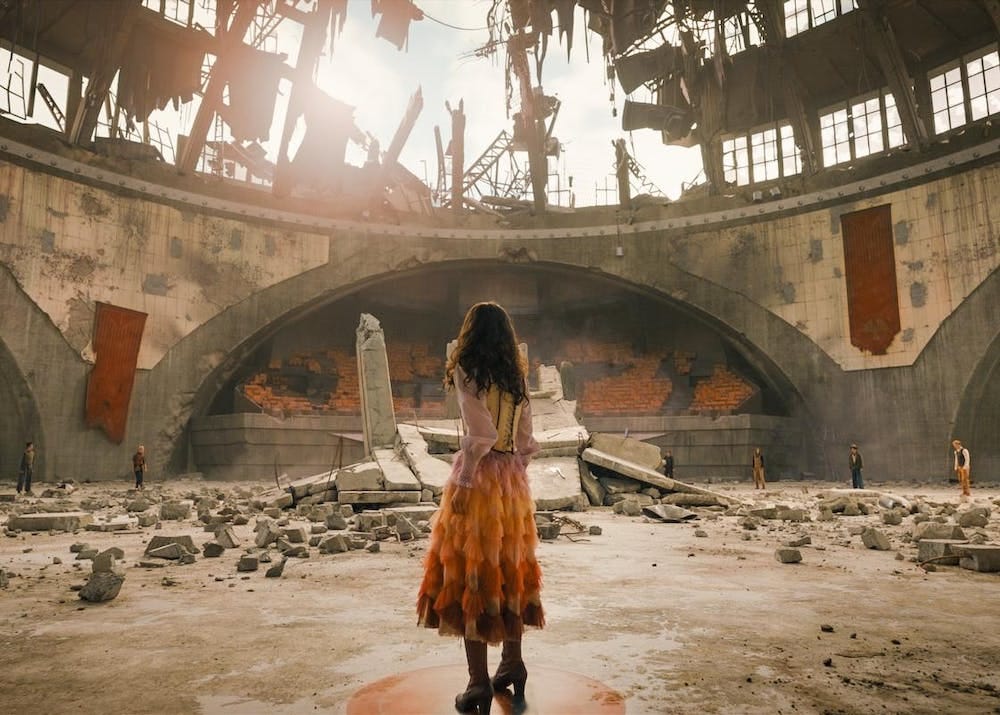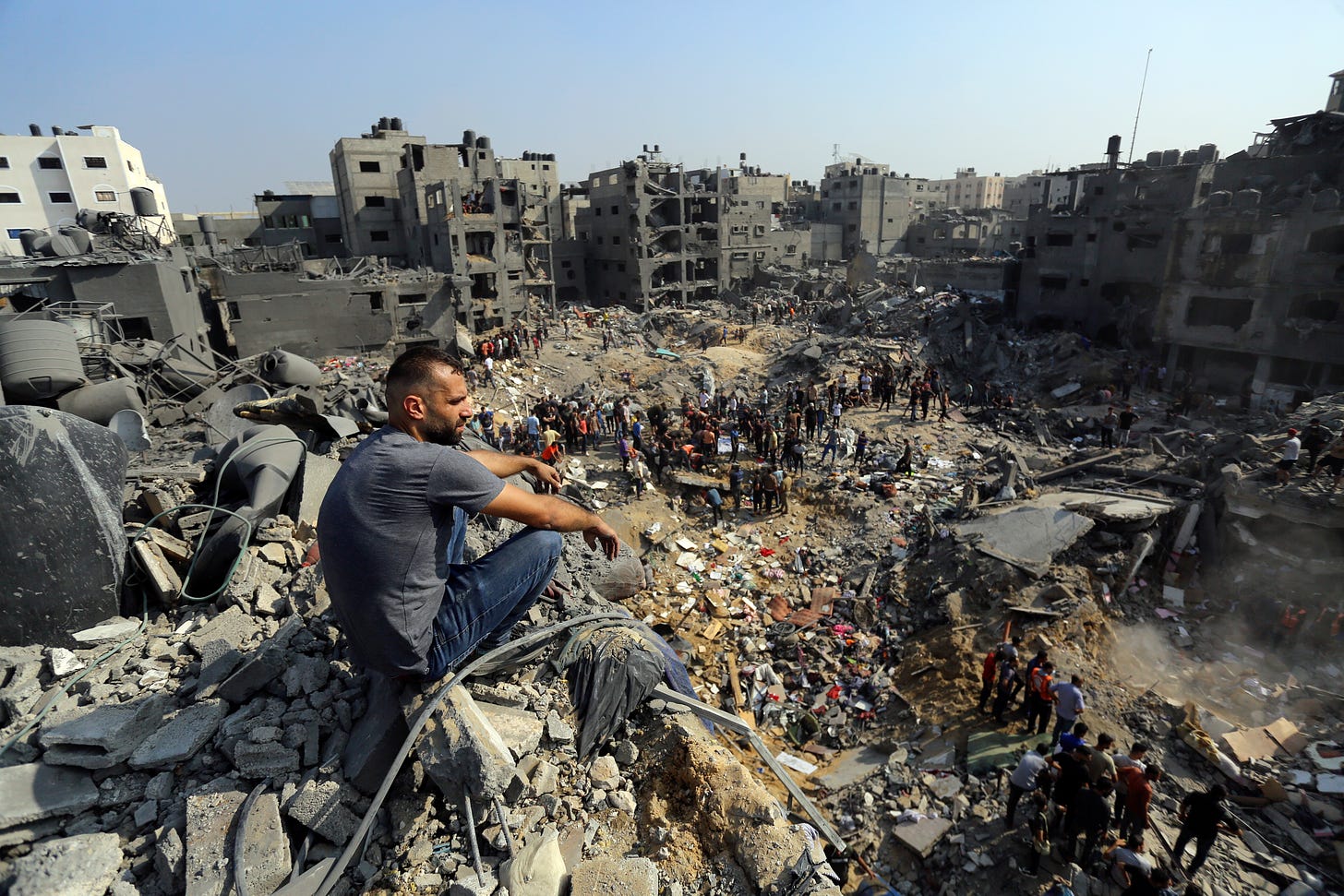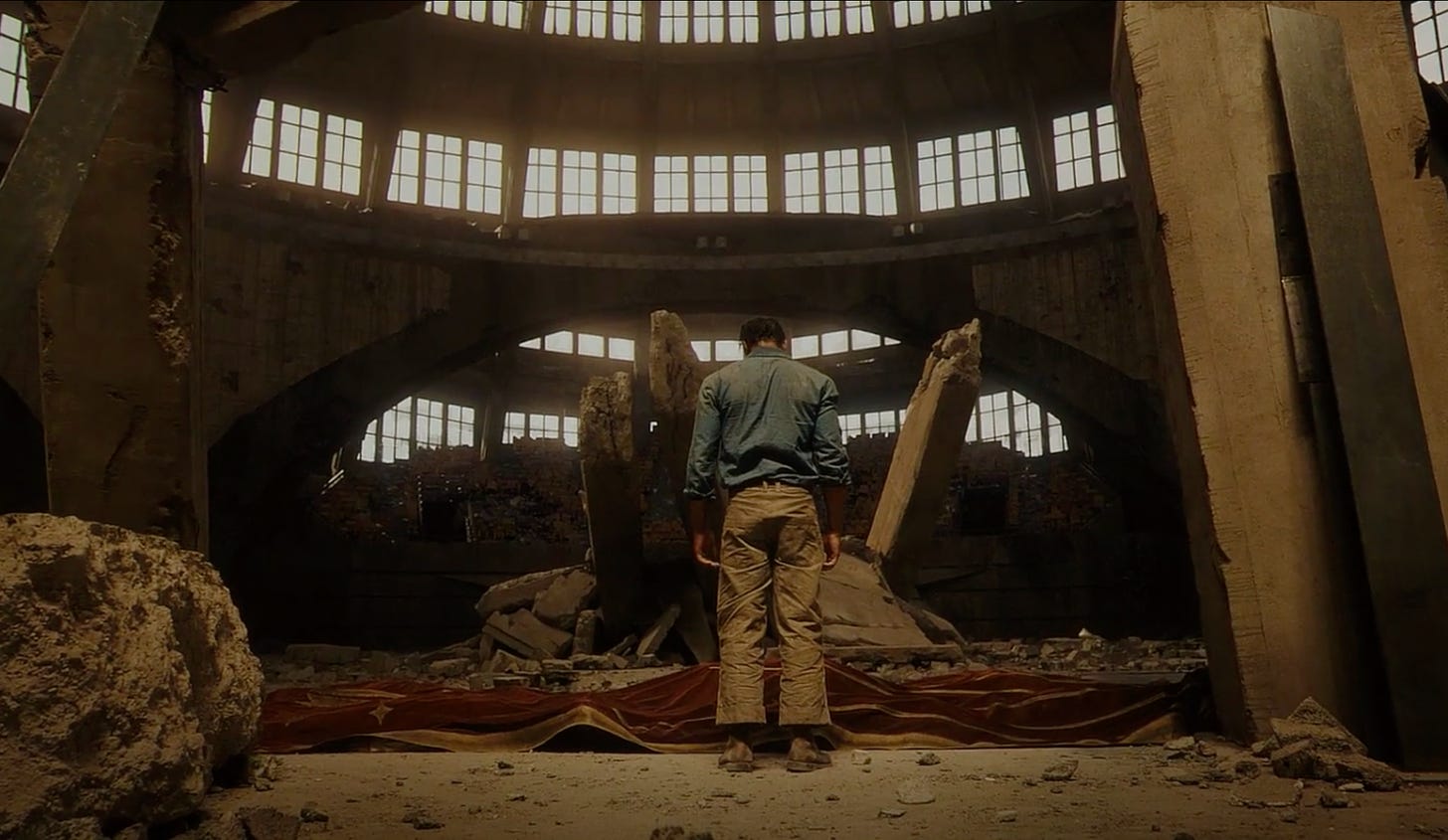Imagined Dystopia - We're Closer Than We Think
Suzanne Colin's fictional Panem parallels our current reality in the newest Hunger Games movie
The newest Hunger Games, The Ballad of Songbird and Snakes, has recently hit cinemas and brought Panem in a new imagining. Panem is set in a dystopian America where the country is divided into twelve districts that all answer to the Capitol. The Capitol controls all resource distribution, wealth division, and media. The districts live under occupation and constant surveillance. In simpler terms, Panem is a dictatorial imagining of America. A world where democracy died, the wealth gap increased to an oppressive extent.
James Franscis' new addition to the franchise is set 10 years after “The Rebellion”, a failed uprising by the districts, which the Capitol chose to commemorate with the Hunger Games. Two tributes, under the age of 18, are picked randomly from each district to fight each other to the death. The Ballad of Songbird and Snakes follows Coriolanus Snow, (Tom Blythe), who would later become President of Panem, and his classmates - citizens of the Capitol who attend an elite school, the Academy. On the eve of the 10th annual Hunger Games, Capitol citizens have grown bored of the show and viewership is down. The Dean of the Academy and head Gamemaker assign each district tribute to a “mentor” from the school to boost ratings. Their job as mentors is to turn the tributes into a “spectacle” to boost viewership. Coriolanus Snow is inspired and his game strategy is to humanize the tributes and ensure that the viewers have a stake in the show.
As I watched a revolution’s spark come to life in fictional Panem and the ethics of resistance being put on the big screen, I couldn’t help but be reminded of Israel’s current occupation of Gaza and life in other Palestinian territories. A big theme in the movie is humanizing not only the tributes of the Hunger Games, but the oppressed citizens in the districts of Panem, and humanizing the resistance.
Sejanus Plynth (Josh Andrés Rivera) is one of the more conscientious mentors and students of the Academy. In one scene, Sejanus stands up against the immorality of the games, telling his classmates and head Gamemaker, “Winning a war doesn’t justify killing people and starving them.” He insists that citizens choose not to watch the games because they know they are people too. The Hunger Games tributes are forced to show their humanity in an attempt to gain sponsors and stay alive. This can be compared to Palestinians in Gaza today, who are forced to display their dead children to the world to gain a drop of sympathy. They are auditioning for the world’s compassion and have to come up with reasons to be treated like humans.
As the Hunger Games end, Coriolanus is sent off to serve as a Peacekeeper in one of the poorer districts, and Sejanus joins him. When an innocent civilian of District 12 is executed, Sejanus struggles with justifying this. He confides in Coriolanus, “She didn’t do anything, Corio, what is she guilty of?” Coriolanus replies, “Being directly associated with the rebels. What more do they need?” Narrowing down an opressed population’s resistance to acts of “terrorism” or “rebellion”, is a rhetoric at the center of any occupation power. This not only works to denounce an opressed people’s cause but justifies any violence toward them. The districts supply the Capitol with resources “like blood to a heart”, and the Capitol gives them “peace and order”. When they rebel they are seen as rebels or animals, biting the hand that feeds them. Why should one person’s fate or freedom be totally in the hands of another?
When the tributes of the 10th Hunger Games are first brought to the capitol, they are put in a human zoo, and throughout the movie, are often referred to as “animals”. In a press conference where he discusses Israel’s current siege on Gaza and justifies cutting off aid, water, and electricity for the Palestinian territory, Yoav Gallant, Israel’s defense minister says, “We are fighting human animals and we are acting accordingly.” A racist and dehumanizing comment like this by an Israeli politician or military figure is not uncommon. There are many parallels we can make between the Capitol and the Israeli occupation; censorship, propaganda, restricted mobility of citizens, unfair executions and arrests, home raids - the list goes on. The most important and relevant one is the dehumanization of the oppressed. It reflects the kind of world we live in today.
In one of the more intense scenes of the movie, in the middle of the Hunger Games, Reaper, one of the tributes fighting in the Games, dramatically tears down a banner of the Panem flag and covers the dead bodies of the tributes lying on the ground. He turns to the cameras, to the Capitol, and says, “Are you going to punish me now?” Capitol residents and viewers of the Games are horrified to see him throw down the flag, but not horrified at the scene of two dozen teenagers being forced to fight to the death. There is more outrage for an act of “treason” than the oppression and slaughter of innocent civilians.
Suzanne Collins, the author of The Hunger Games, was inspired to create the fictional world of Panem while channel surfing. “ I was flipping through images on reality television where these young people were competing for a million dollars, then I was seeing footage from the Iraq war, and these two things began to fuse in a very unsettling way.” Our world is becoming more and more dystopian each day. We can tap into our phones, read headlines and be horrified, condemn the lack of humanity, and then tap right back out. And we keep tuning in because it’s a spectacle - like the televised Hunger Games - but our lives are unaffected. We’re watching a revolution unfold but to what extent are we a part of it? The question of Palestine has become the go-to essay topic or TV debate. Are wars entertainment? The privilege to read horrific headlines and go back to shopping online is telling of our dystopian reality.
As tributes are thrown to fight each other to the death, the wealthy citizens of Panem watch from a screen and debate whether or not it is moral to slaughter innocent children. Sound familiar? Oppressed people don’t have the power to justify their resistance. That doesn’t mean we shouldn’t listen to them. Francis’ portrayal of resistance begs the question; if your humanity was being denied, if you were subjected to oppression because you were born in the wrong place or as the wrong identity, would you be a part of the resistance?
I know I would.








